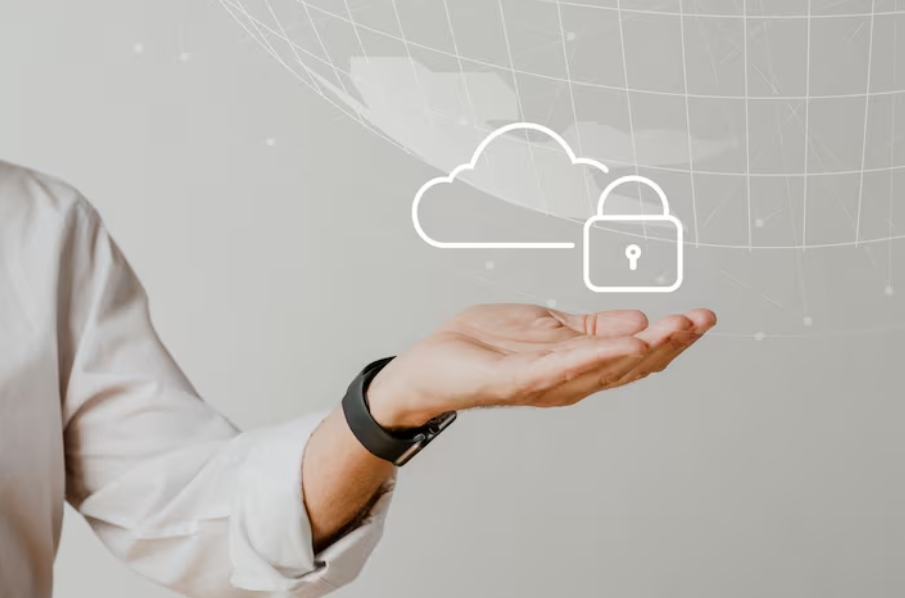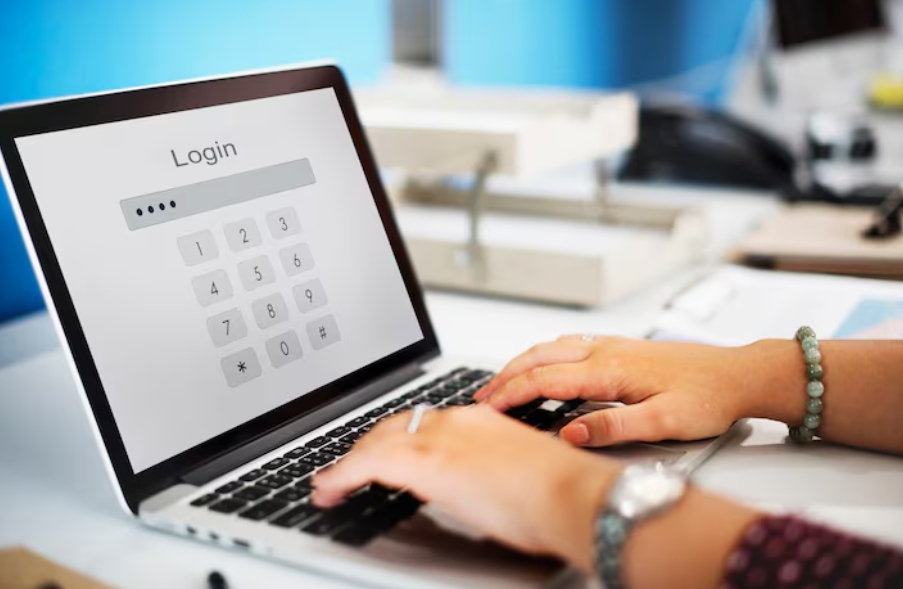The Internet has changed everything. The former commodity society has gradually evolved into today's knowledge society. Today, more than ever, whoever has the knowledge has all the power. That is why it is so important for contemporary companies to protect the confidential information they possess. Confidential information that can orbit around different dimensions of the company itself. Such as technical aspects, commercial aspects or economic aspects.
But what do we call confidential information exactly? Well, according to the Agreement on Trade-Related Aspects of Intellectual Property Rights (TRIPS), confidential information is information that is secret, that has commercial value by virtue of being secret, and that has been the subject of reasonable measures to keep it secret by its owner. This may include trade secrets, marketing strategies, financial information, business plans or personal data of third parties, among others.
Confidential documents
The confidential documents are those documents that contain confidential information. They can be both physical documents and digital documents. To protect and safeguard them from being read by unauthorised persons, companies must implement certain security measures. Such as the use of digital passwords to access the section of the system where these documents are stored, their placement in security safes in the case of physical documents or a correct organisation.
In many cases, it is unavoidable for companies to have to share such documents with another company or institution. In such cases, it is always advisable to sign a confidentiality agreement to prevent confidential information from falling into other hands. The same applies to former employees of the company who had access to confidential documents. Otherwise, they would be free to share everything they know about the company's internal affairs. In this information-dominated world, suicide.
The importance of confidential agreements is enormous. According to article 279 of our Criminal Code, the penalty for those who disseminate, disclose or transfer company secrets while under legal or contractual obligation not to do so is up to four years imprisonment. In that sense, a confidentiality agreement is key to protect us. A guarantee for the survival of our company. However, companies also have a confidentiality agreement to the holders of the personal data they handle.
Protection of personal data
Social and business digitalisation has led companies to handle more confidential user and customer data than ever before. As a result, European authorities developed a personal data protection regulation called the General Data Protection Regulation. The idea is to protect the rights of citizens in the field of personal data protection. confidential information. And it does so by establishing a series of obligations for companies that have a file containing personal data of third parties.
Obligations such as informing the Spanish Data Protection Agency of any computer security breach they may have. Or to limit access to the file storing users' and customers' personal data. Or to carry out a destruction of confidential documents professional. In other words, it is not enough to throw the documents in the ordinary waste bin or to tear them into several pieces.
The same applies to the confidential documents digital files. Personal data subjects deserve the same confidentiality as your own company, and for this reason the necessary measures must be put in place to ensure that no sensitive information is contained in the metadata of digital files.
It is therefore necessary to sanitise all the files that are going to be shared by any means: web pages, e-mail, social networks, etc. This sanitisation task cannot fall to the user, but the company itself must implement the necessary software measures to automatically clean the metadata of all files.
MetaClean offers various solutions for the automatic processing of metadata, compatible with all Microsoft Office, Open/Libre Office, PDF, image, audio and video files.





